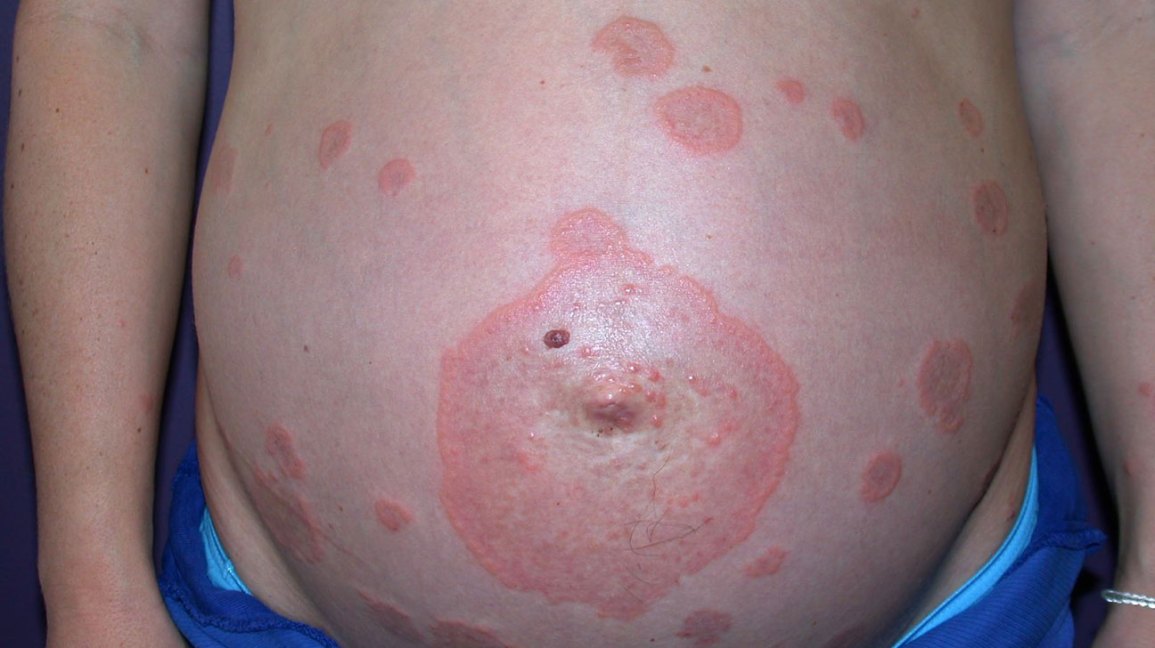
Predisposing Factors and Clinical Picture of Pyelonephritis
Predisposing Factors
Pyelonephritis is a type of urinary tract infection (UTI) that affects the kidneys. Several predisposing factors can increase the risk of developing pyelonephritis:
- Anatomical Abnormalities: Structural abnormalities in the urinary tract, such as renal stones, ureteral strictures, or congenital anomalies, can obstruct urine flow and promote infection.
- Female Gender: Women are more prone to UTIs due to shorter urethras and proximity of the urethra to the anus.
- Pregnancy: Hormonal changes and anatomical alterations during pregnancy can lead to urinary stasis and increased risk of infection.
- Diabetes Mellitus: Diabetes can impair immune function and alter urinary tract defenses, making individuals more susceptible to infections.
- Immunocompromised States: Conditions such as HIV/AIDS, cancer treatments, or use of immunosuppressive medications can increase vulnerability to infections.
- Catheterization: The presence of urinary catheters increases the risk of introducing bacteria into the urinary tract.
- Previous History of UTIs: A history of recurrent UTIs may predispose individuals to pyelonephritis.
Organisms
The most common organisms responsible for pyelonephritis include:
- Escherichia coli (most prevalent)
- Klebsiella pneumoniae
- Proteus mirabilis
- Enterococcus faecalis
- Pseudomonas aeruginosa (especially in complicated cases)
Clinical Picture
The clinical presentation of pyelonephritis typically includes:
- Fever and Chills: Patients often present with high fever (>38°C) accompanied by chills.
- Flank Pain: Unilateral or bilateral flank pain is common due to inflammation around the kidneys.
- Dysuria and Urgency: Patients may experience painful urination (dysuria), increased frequency, and urgency.
- Nausea and Vomiting: Gastrointestinal symptoms may accompany systemic illness.
- Malaise and Fatigue: General feelings of unwellness are common.
In pregnant women, symptoms may be less pronounced but still include fever, flank pain, and dysuria.
Complications
Complications associated with pyelonephritis can include:
- Renal Abscesses: Pockets of pus that form within the kidney tissue.
- Sepsis: A severe systemic response to infection that can lead to organ failure.
- Chronic Kidney Disease: Recurrent infections can lead to long-term kidney damage.
- Preterm Labor or Low Birth Weight in Pregnant Women: Infection during pregnancy can adversely affect fetal health.
Differential Diagnosis
Differential diagnoses for pyelonephritis include:
- Acute Cystitis: Lower urinary tract infection without kidney involvement.
- Kidney Stones (Nephrolithiasis): Can cause similar flank pain but usually presents with hematuria.
- Appendicitis: Right-sided abdominal pain could mimic renal colic or pyelonephritis.
- Ectopic Pregnancy: In females of childbearing age presenting with unilateral pain.
- Pelvic Inflammatory Disease (PID): May present with abdominal pain and fever in sexually active women.
History Taking from Pregnant Women with Urinary Symptoms
When taking a history from pregnant women presenting with urinary symptoms, consider asking about:
- Duration and nature of symptoms (e.g., dysuria, frequency).
- Associated symptoms (e.g., fever, chills).
- Previous history of UTIs during pregnancy or prior pregnancies.
- Any recent catheterization or surgical procedures involving the urinary tract.
- Medical history including diabetes or immunocompromised states.
- Obstetric history including gestational age and any complications in current or previous pregnancies.
Investigations
For diagnosing pyelonephritis, appropriate investigations include:
- Urinalysis: To check for leukocytes, nitrites, blood, and bacteria.
- Urine Culture and Sensitivity Testing: To identify causative organisms and determine antibiotic susceptibility.
- Blood Tests:
- Complete Blood Count (CBC): To assess for leukocytosis indicating infection.
- Blood Cultures if sepsis is suspected.
- Imaging Studies (if indicated):
- Ultrasound or CT scan if there is suspicion for abscess formation or obstruction.
Antibiotic Selection
Initial empirical antibiotic therapy for uncomplicated pyelonephritis typically includes:
- For outpatient treatment:
- Trimethoprim-sulfamethoxazole
- Nitrofurantoin
- Fosfomycin
- For inpatient treatment:
- Ceftriaxone
- Piperacillin-tazobactam
- Meropenem (for resistant organisms)
In pregnant women specifically, it is crucial to choose antibiotics that are safe during pregnancy; options like ceftriaxone or ampicillin are commonly used due to their safety profile.






